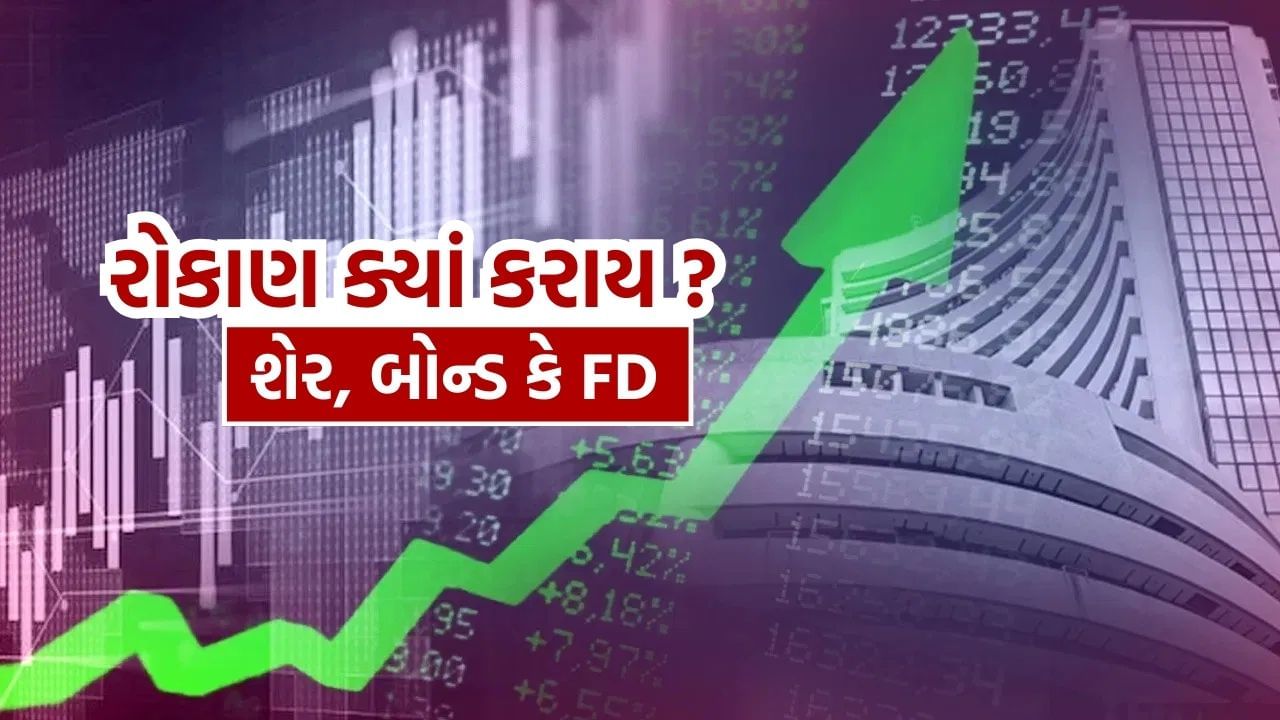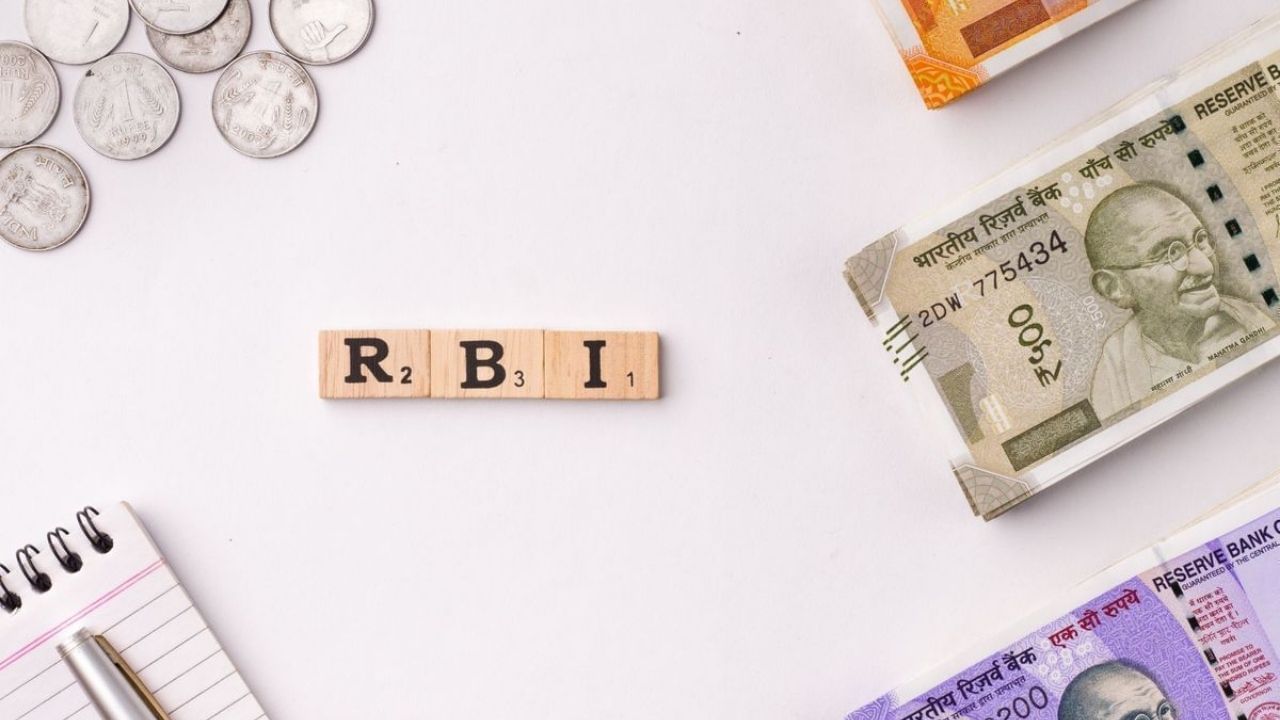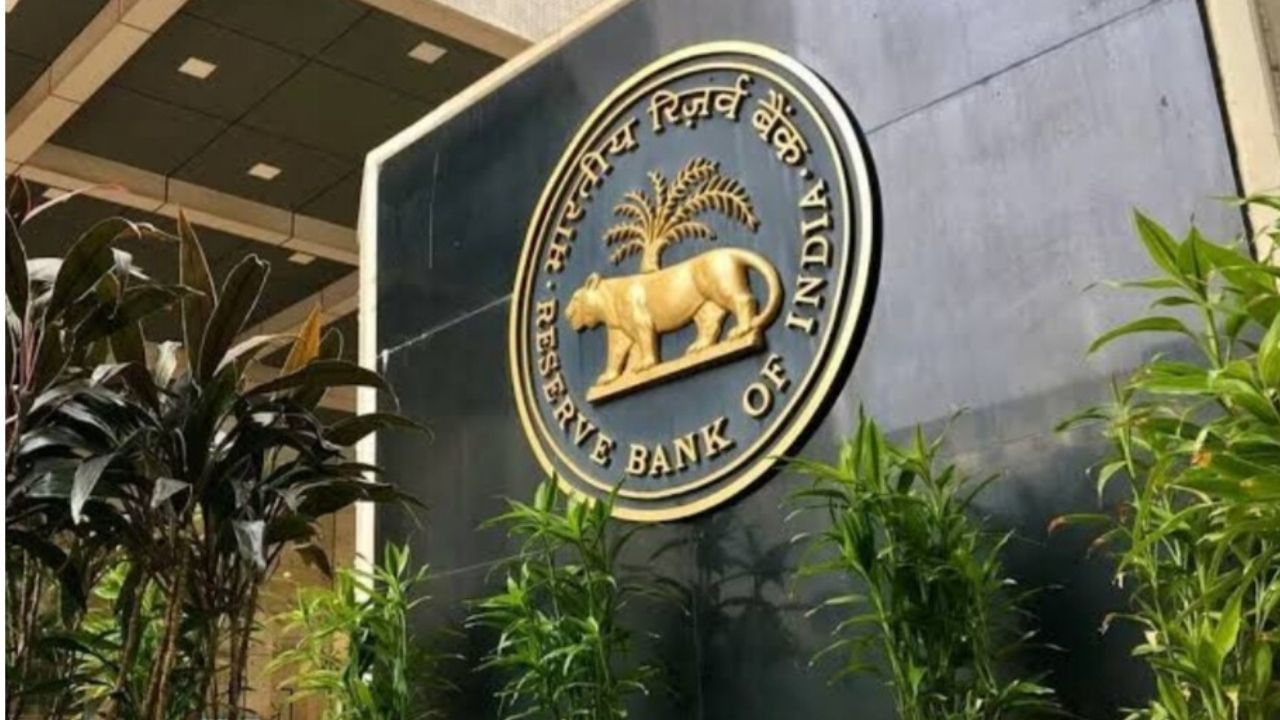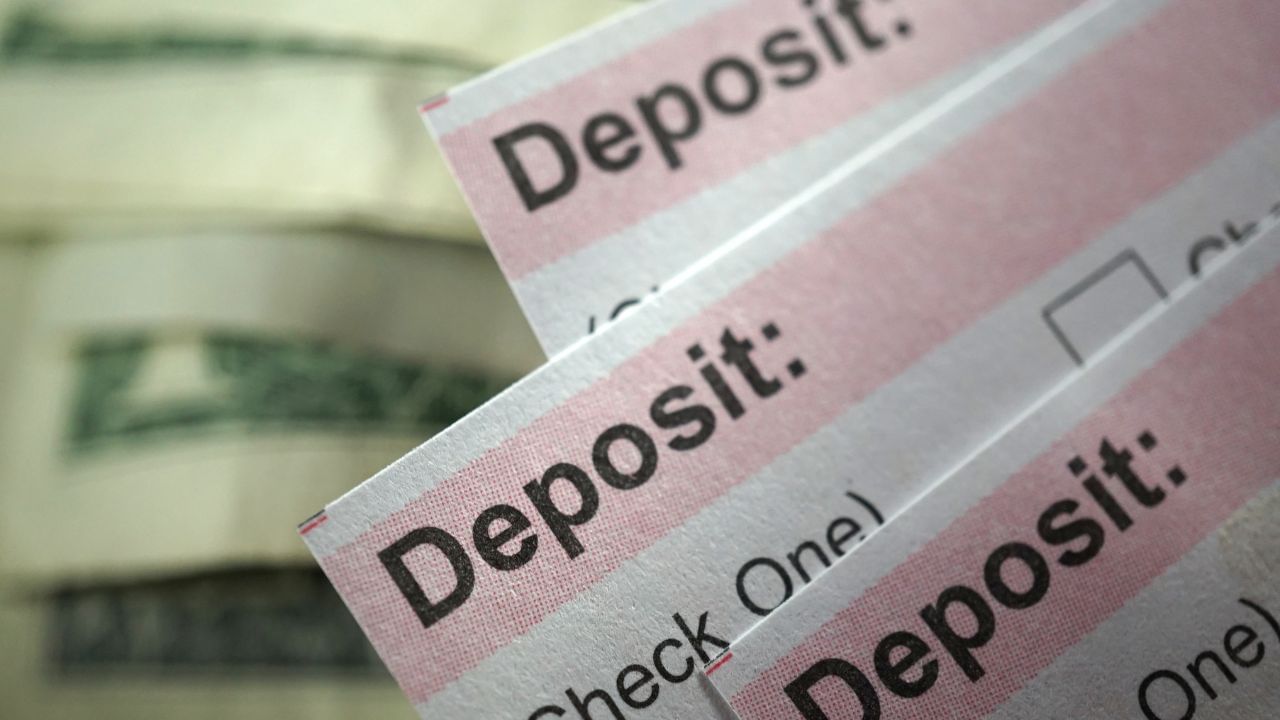The Reserve Bank of India has changed the repo rate for the first time in the last five years. The RBI has reduced the rate by 0.25 percent. The Indian stock market saw instability on Friday. The RBI's Monetary Policy Committee (MPC) has reduced the repo rate from 6.5 percent to 6.25 percent.
In the stock market, the BSE Sensex index fell more than 300 points to 77,730. At the same time, the Nifty 50 index went down to 23,500. In the debt market, yields on 10 -year government bonds have risen to 6.8 percent. Experts expect a further reduction in the repo rate and say that RBI's policy is trying to maintain a balance between growth and inflation goals.
According to Ventura Securities Research Head Vineet Binlinker, investment in banking, auto, FMCG, manufacturing and NBFC sectors can provide better returns. The repo rate has been reduced by 0.25 percent. This is the first time in 5 years. The effect of these cuts is already being felt in the market. Steps taken recently to increase liquidity. New investments are expected from them.
According to a media report, the credit growth of banks has now slowed down. Recent advertisements in the budget could improve credit growth. Reduction in interest rates is beneficial for banks. Their fixed rate loan portfolio is high. At this time, while monitoring the wealth quality of the banks, the person can invest in Bajaj Finance, Cholamandalam Investment and Sriram Finance. The reason for this is that they can benefit from a rate reduction.
"Neutral" The trend means that the decline in the rate in the next few months may be limited. Meditation will be on currency fluctuations. The bond yield is likely to remain stable. There may be purchase opportunities when the yield increases. According to the BS report, the new RBI governor Sanjay Malhotra also considered the situation of the global market and its impact on the currency of the country. The RBI will announce the liquidity criteria. The initial reaction from the bond market has been a bit negative. But interest rates will continue in the coming months.
Unity Small Finance Bank is offering 9% interest on FD. On an investment of Rs 1 lakh, you will get Rs 1.30 lakh at maturity. At the same time, 8 % interest is being paid to 18 months FD in Yes Bank. If you invest Rs 1 lakh, you will get Rs 1.20 lakh.
The bond market is a financial market. Here investors can buy and sell debt securities like bonds. Also known as a debt or credit market. This market covers both the debt securities issued by the government and the corporate debt securities. Investing in bonds is considered better.
The Reserve Bank of India is briefly known as the RBI. It is India's central bank and regulatory organization, which is responsible for the regulation of the Indian Banking System. Click here to read other news of RBI ..
. Source




































